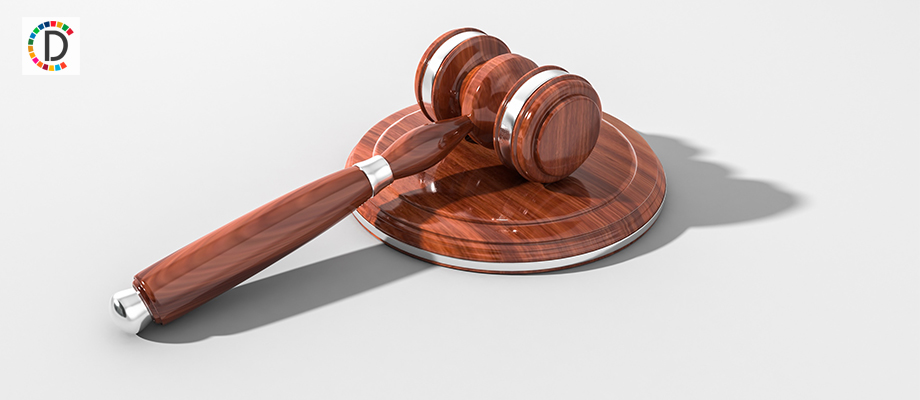Ayodhya dispute mediation settlement conditional, can't be binding: SC

- Country:
- India
The Ayodhya mediation settlement, which was agreed by some of the parties to amicably resolve the Ram Janmabhoomi-Babri Masjid title dispute, cannot be treated as binding as it was conditional on certain stipulations being fulfilled, the Supreme Court said on Saturday. A five-judge Constitution bench, headed by Chief Justice Ranjan Gogoi, however, appreciated the mediation panel for its earnest efforts in bringing together the disputants on a common platform for a free and frank dialogue.
The apex court had appointed a mediation panel comprising its former judge Justice Fakkir Mohamed Ibrahim Kalifulla, spiritual guru Sri Sri Ravishankar and senior advocate Sriram Panchu to explore the possibility of bringing about a permanent solution to the issues raised in the appeals. On October 16, when final arguments were concluded in the appeal, the panel filed its report in the court titled 'Final Report of the Committee' stating that a settlement had been arrived at by some of the parties to the present dispute.
Though under the settlement, the Sunni Central Waqf Board had agreed to relinquish all its rights, interests and claims over the disputed land, this was subject to the fulfilment of certain conditions stipulated. "The settlement agreement received by this court from the mediation panel has not been agreed to or signed by all the parties to the present dispute. Moreover, it is only conditional on certain stipulations being fulfilled. Hence, the settlement cannot be treated to be a binding or concluded agreement between the parties to the dispute," the bench, also comprising justices S A Bobde, D Y Chandrachud, Ashok Bhushan and S Abdul Nazeer, said in its 1,045-page judgement.
"We, however, record our appreciation of the earnest efforts made by the members of the mediation panel in embarking on the task entrusted by this Court. In bringing together the disputants on a common platform for a free and frank dialogue, the mediators have performed a function which needs to be commended. We also express our appreciation of the parties who earnestly made an effort to pursue the mediation proceedings," the bench said. The court had on February 26, referred the parties to the court-appointed mediation and on March 8, the panel of mediators was constituted.
Time granted to the mediators to complete the mediation proceedings was extended on May 10. Since no settlement had been reached, the court had directed to commence from August 6, hearing on the appeals. During the course of hearing, a report was submitted by the panel of mediators that some of the parties desired to settle the dispute.
The court had on September 18, observed that while the hearings will proceed, if any parties desired to settle the dispute, it was open for them to move the mediators and place a settlement, if it was arrived at, before the court.
(This story has not been edited by Devdiscourse staff and is auto-generated from a syndicated feed.)
- READ MORE ON:
- Supreme Court
- Ranjan Gogoi
- Ayodhya
- Constitution
- SA Bobde
ALSO READ
With homelessness on the rise, Supreme Court to weigh bans on sleeping outdoors
US Supreme Court eyes anti-camping laws used against the homeless
Centre assures swift action on Karnataka's drought relief plea in Supreme Court
Supreme Court Issues Notice to Delhi Government on Plea Challenging Bail Granted to Life Convicts in Soumya Murder Case
Headline: Supreme Court Declines Plea for Three-Year Law Program










